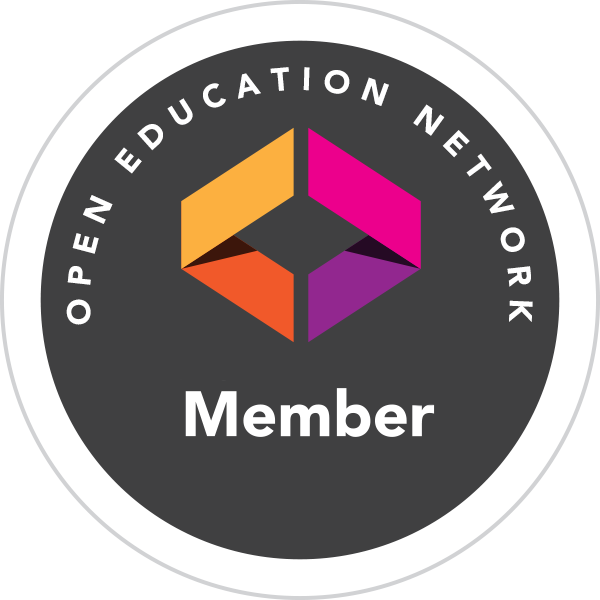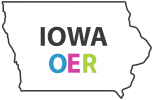Textbook Equity is a campuswide initiative aspiring that all UNI students have access to high-quality course materials that are: affordable, accessible, and inclusive.
Initiative Accomplishments To Date--With no annual budget, we have collectively:
- Saved UNI students more than $2.9 million since tracking began in 2016.
- Recognized more than 100 Textbook Equity Champions, UNI faculty who have demonstrated commitment to course materials access by transitioning courses to Open Educational Resources (OER) or other free materials, saving UNI students nearly $900,000 in 2024, a new record!
- Cost savings increased by 84% from 2023.
- Instructors: 102, increase of 28% from 2023.
- Sections: 277, an increase of 98%. 85% of these sections met in-person; 15% met online/other.
- Courses: 90 courses used free materials, an increase of 58%
- Students benefitting: 7,465, an increase of 83%.
- UNIFI (general education) courses had a significant impact:
- 51% of the UNI cost savings comes from UNIFI courses.
- The number of course sections in UNIFI using free texts, 140, more than doubled in 1 year!
- OER is the most popular money-saver; OER accounted for 74% of the cost savings, with the remainder including unlimited library-licensed content, Open Access books, and other materials that are at no additional cost to students.
- Created 2 one-time programs to publish UNI-authored free textbooks. From 2022 through 2024, Rod Library published 12+ free, openly-licensed textbooks, saving UNI students about $410,000 per year.
- UNI-authored OER saved students at other institutions more than $64,000!
- Continued UNI Textbook Equity Student Advisory Board and partnered with Northern Iowa Student Government to engage students in textbook equity advocacy.
- Partnered with UNI Registrar's Office and UNI Bookstore to increase transparency and data collection about versions of course materials that are free to students.
- Continued Course Materials Affordability Review service, an opt-in program for faculty to receive a customized list of free/affordable materials matching a course. More than 70 reviews have been completed for instructors in more than 25 academic departments/programs!
- Participated in 2021-22 AAC&U Institute on OER to create a campus Action Plan for textbook equity.
- Provide statewide and national leadership through participation on Iowa OER Action Team and the Open Education Network Steering Committee.



